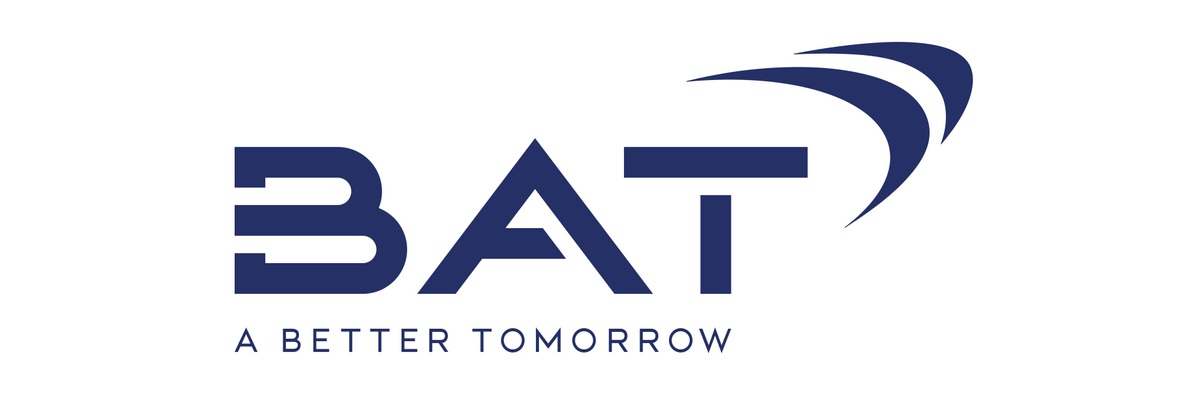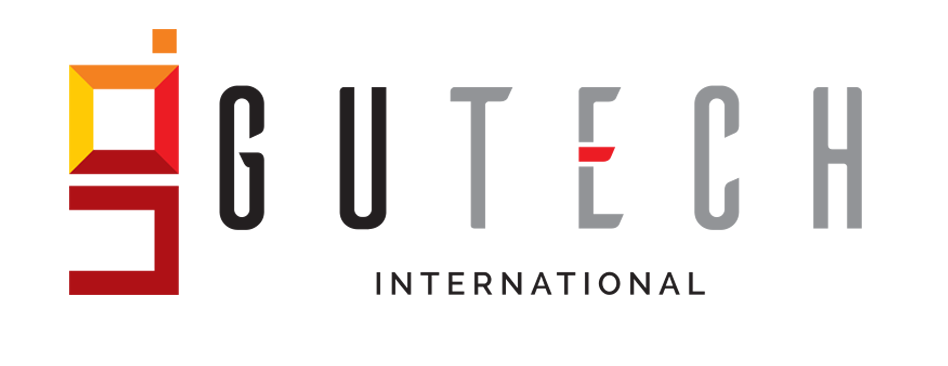
Introduction
In the fiercely competitive world of beverages, Coca-Cola and Pepsi have long been at the forefront. These iconic brands have faced numerous ups and downs throughout the past decade, with both experiencing their fair share of challenges. In this extensive blog post, we’ll delve into the worst years for Coca-Cola and Pepsi, exploring the factors that contributed to their struggles and the strategies they employed to overcome adversity.
Coca-Cola’s Worst Year
For Coca-Cola, one of its most challenging years in recent times was 2020. The COVID-19 pandemic brought unparalleled disruption to the global beverage industry, impacting sales, supply chains, and consumer behaviors. With widespread lockdowns and restrictions, the demand for beverages, particularly those consumed in social settings, experienced a significant decline.
In addition to the pandemic’s adverse effects, Coca-Cola faced additional hurdles such as shifting consumer preferences and increased scrutiny of sugary drinks. Health-conscious consumers were increasingly seeking alternatives to traditional carbonated beverages, favoring healthier options or cutting back on soda consumption altogether. These factors combined to create a perfect storm for Coca-Cola in 2020.
Pepsi’s Worst Year
Pepsi also faced its fair share of challenges, with one standout year being 2017. During this period, Pepsi found itself embroiled in a highly controversial advertising campaign featuring Kendall Jenner. The advertisement, which depicted a protest scene, received widespread criticism for its perceived trivialization of social justice movements. The backlash was swift and significant, with consumers and advocacy groups calling for a boycott of Pepsi products.
The misstep not only damaged Pepsi’s brand reputation but also led to a decline in sales and consumer trust. The incident highlighted the importance of careful and thoughtful messaging in advertising, as well as the need for brands to be cognizant of social and cultural sensitivities.
Strategies for Recovery for Coca-Cola and Pepsi
Both Coca-Cola and Pepsi responded to their respective challenges with resilience and strategic initiatives to regain their footing.
Coca-Cola, in response to changing consumer preferences, embarked on a diversification strategy, expanding its portfolio to include a wider range of healthier options such as bottled water, flavored water, and low-sugar beverages. The company also intensified its marketing efforts to promote its existing healthier offerings, emphasizing transparency and product quality to rebuild consumer trust.
Pepsi, following the Kendall Jenner ad controversy, swiftly apologized and withdrew the advertisement. The company acknowledged the misstep and committed to learning from the incident. To regain consumer trust, Pepsi focused on reinforcing its commitment to social responsibility and community engagement. The brand redirected its marketing efforts toward initiatives that supported causes aligned with social justice, environmental sustainability, and diversity, emphasizing authenticity and genuine commitment to change.
Lessons Learned for Coca-Cola and Pepsi
The worst years for Coca-Cola and Pepsi in the past decade serve as valuable lessons for these industry giants and other brands navigating similar challenges. They highlight the importance of agility, adaptability, and a deep understanding of evolving consumer preferences.
These setbacks also underscore the significance of responsible marketing, emphasizing the need for brands to align their messaging with societal values and avoid trivializing serious issues. Transparency, brand authenticity, and a commitment to positive social impact are critical components of successful brand management in an increasingly discerning and socially conscious consumer landscape.
Conclusion
As two of the most recognizable and influential brands in the beverage industry, Coca-Cola and Pepsi have experienced their fair share of challenges over the past decade. While 2020 proved to be a tough year for Coca-Cola due to the COVID-19 pandemic and shifting consumer preferences, Pepsi faced its own significant setback in 2017 with a controversial advertising campaign.
However, these challenging periods also spurred innovation and resilience. Coca-Cola diversified its product portfolio and intensified marketing efforts toward healthier alternatives, while Pepsi swiftly addressed the
Graduate Internship @ IPSOS Egypt

About the job Company Description Ipsos is the leading global market research company with a presence in 90 markets and more than 18,000 employees. Our passionately curious experts provide accurate and relevant information and turn it into actionable truth, using the best of science and technology to help clients act faster, smarter, and with more…
BATTERY SUMMER INTERNSHIP

BAT is evolving at pace – truly like no other organisation. To achieve the ambition, we have set for ourselves, we are looking for colleagues who are ready to live our ethos every day. Come be a part of this journey! BATTERY ISTANBUL IS LOOKING FOR A FINANCE INTERN! SENIORITY LEVEL: Internship FUNCTION: Finance LOCATION: Turkey ROLE POSITIONING…
Internship leading to Job – Voltonic

Internship Leading to Job – Application Engineer Gajju Matah St, Green Cap Housing Scheme, Lahore, Punjab, Pakistan Full-time Company Description With the international capability to deliver engineering services in electrical, controls, switchgear, machine design, information technology, and manufacturing business strategy, Voltonic Solution creates integrated solutions that enable clients to control, improve, and optimize their manufacturing…
Internship at GUTECH

About the job It is an UNPAID Internship where complete training will be provided. We are looking for a dynamic and motivated individual to join our digital marketing team as an intern. As a digital marketing intern, you will work closely with the marketing team to support the development, implementation, and optimization of our digital…
ILRI Internship Paid Internship

ILRI Internship Nairobi, Kenya Paid Internship CapDev ILRI works to improve food and nutritional security and reduce poverty in developing countries through research for efficient, safe and sustainable use of livestock. It is the only one of 15 CGIAR research centres dedicated entirely to animal agriculture research for the developing world. Co-hosted by Kenya and…
GroupM | Internship Program 2024

Job details Job type Internship Location Karachi Full job description GroupM Media Internship Program 2024Are you a university student / under graduate seeking real-life experience in a collaborative, fun and innovative Media & Advertising world? If yes, read on! At GroupM, we offer fulfilling careers that redefine the role of media.As a Media Intern, you…
Contact us
Check our Shockiry on Upwork
![]()
